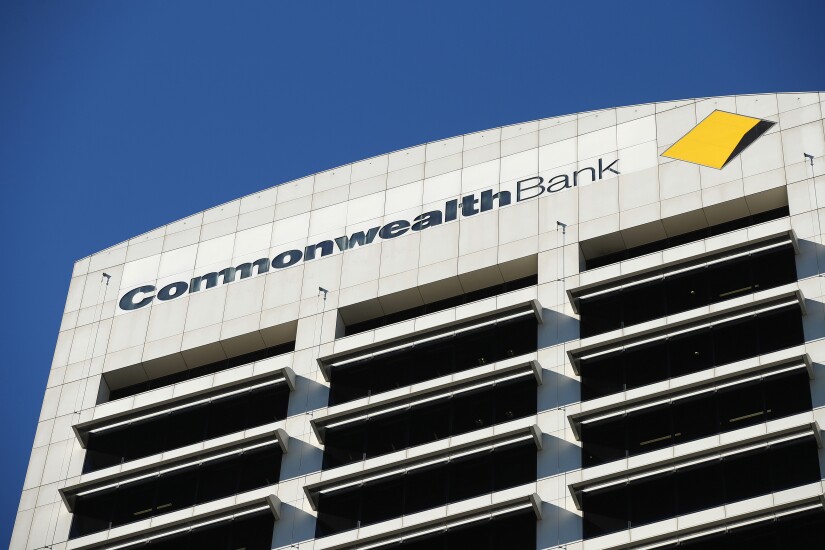PayPal collaborates to boost subscription payment share in the U.K., Hong Kong joins a European CBDC project and more.
Here's what's happening around the world.









From baby boomers' family needs to the fearlessness of Gen Z, three bank executives discussed the work habits of different age groups at American Banker's Most Powerful Women in Banking conference.
The bank asks a federal court to toss claims from five certified classes, arguing victims have been paid and that fraudsters are included in the suit.
BNY's Carolyn Weinberg believes blockchain technology could be the key to an always-on operating system for the New York-based custody bank.
The Richmond, Virginia-based bank expects to build 10 branches in Raleigh and Wilmington, North Carolina, over the next three years. M&A is on the back burner as the company also works to capitalize on its recent acquisition of Sandy Spring Bank in Maryland, CEO John Asbury said.
The North Carolina bank is the latest lender impacted by the bankruptcy of U.S. auto parts maker First Brands. First Citizens executives said credit was in good shape overall.
The agents could overcome the consumer inertia that keeps people in low-yield bank accounts, the consultants say.